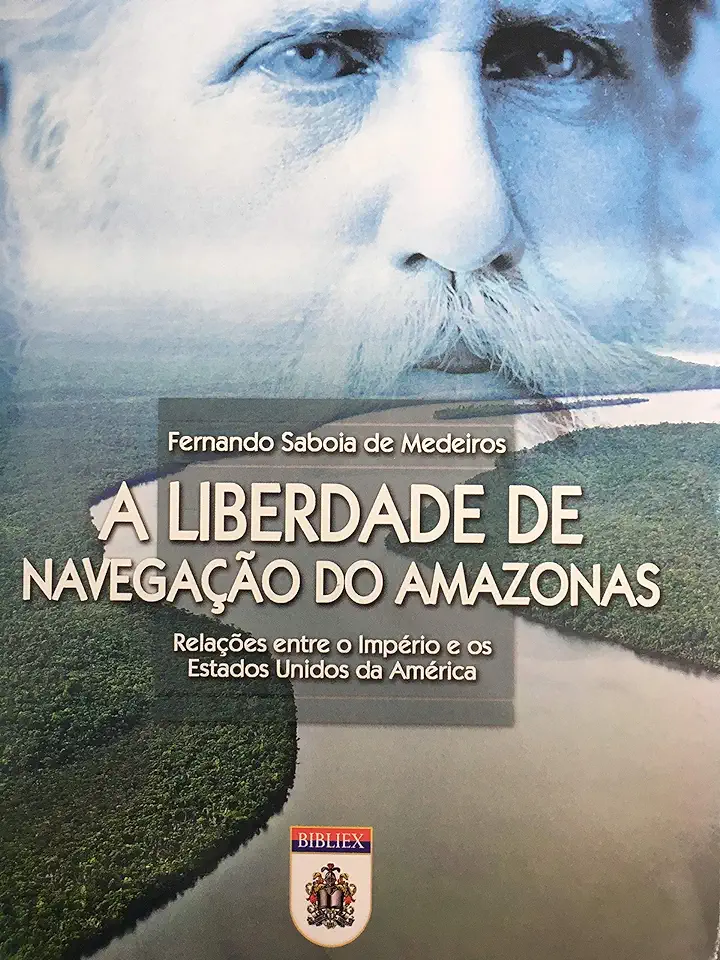
The Freedom of Navigation of the Amazon - Fernando Saboia de Medeiros
The Freedom of Navigation of the Amazon: A Historical and Juridical Analysis
Introduction
The Amazon River is one of the most important waterways in the world. It is the second longest river in the world, and it drains an area of over 7 million square kilometers. The Amazon River is also a major source of food, water, and transportation for millions of people.
However, the freedom of navigation of the Amazon River has been a contentious issue for centuries. Brazil, which controls the majority of the Amazon River, has long claimed that it has the right to restrict navigation on the river. Other countries, including the United States, have argued that the Amazon River is an international waterway and that all countries should have the right to navigate it freely.
Historical Background
The Portuguese were the first Europeans to explore the Amazon River in the 16th century. They quickly established a presence in the region, and they soon began to claim that they had the exclusive right to navigate the river. This claim was based on the principle of uti possidetis, which holds that a country has the right to all of the territory that it occupies.
Other countries, including Spain, France, and the Netherlands, challenged Portugal's claim to the Amazon River. In the 17th century, the Dutch even managed to establish a colony on the river. However, the Portuguese eventually expelled the Dutch, and they maintained their control over the Amazon River until the 19th century.
In the 19th century, Brazil gained independence from Portugal. Brazil continued to claim that it had the exclusive right to navigate the Amazon River. However, the United States and other countries began to challenge this claim. In 1850, the United States signed a treaty with Brazil that granted the United States the right to navigate the Amazon River. This treaty was followed by similar treaties with other countries.
Juridical Analysis
The freedom of navigation of the Amazon River is a complex legal issue. There are a number of different legal principles that could be applied to this issue.
One principle is the principle of uti possidetis. This principle holds that a country has the right to all of the territory that it occupies. Brazil could argue that it has the right to restrict navigation on the Amazon River based on this principle.
Another principle is the principle of freedom of navigation. This principle holds that all countries have the right to navigate the world's oceans and rivers. The United States and other countries could argue that the Amazon River is an international waterway and that all countries should have the right to navigate it freely.
The International Court of Justice (ICJ) has not yet ruled on the freedom of navigation of the Amazon River. However, the ICJ has ruled on similar cases involving other rivers. In these cases, the ICJ has held that the principle of freedom of navigation generally takes precedence over the principle of uti possidetis.
Conclusion
The freedom of navigation of the Amazon River is a complex legal issue. There are a number of different legal principles that could be applied to this issue. The ICJ has not yet ruled on this issue, but it is likely that the ICJ would hold that the principle of freedom of navigation takes precedence over the principle of uti possidetis.
This would mean that Brazil would have to allow all countries to navigate the Amazon River freely. This would have a significant impact on the region, as it would open up the Amazon River to trade and development.
Why You Should Read This Book
This book is a comprehensive and well-researched analysis of the freedom of navigation of the Amazon River. It is essential reading for anyone who is interested in the history, law, or politics of the Amazon region.
This book is also a valuable resource for anyone who is interested in international law. It provides a detailed analysis of the legal principles that apply to the freedom of navigation of international waterways.
If you are interested in learning more about the freedom of navigation of the Amazon River, I highly recommend that you read this book. It is a fascinating and informative read that will leave you with a better understanding of this important issue.
Enjoyed the summary? Discover all the details and take your reading to the next level — [click here to view the book on Amazon!]